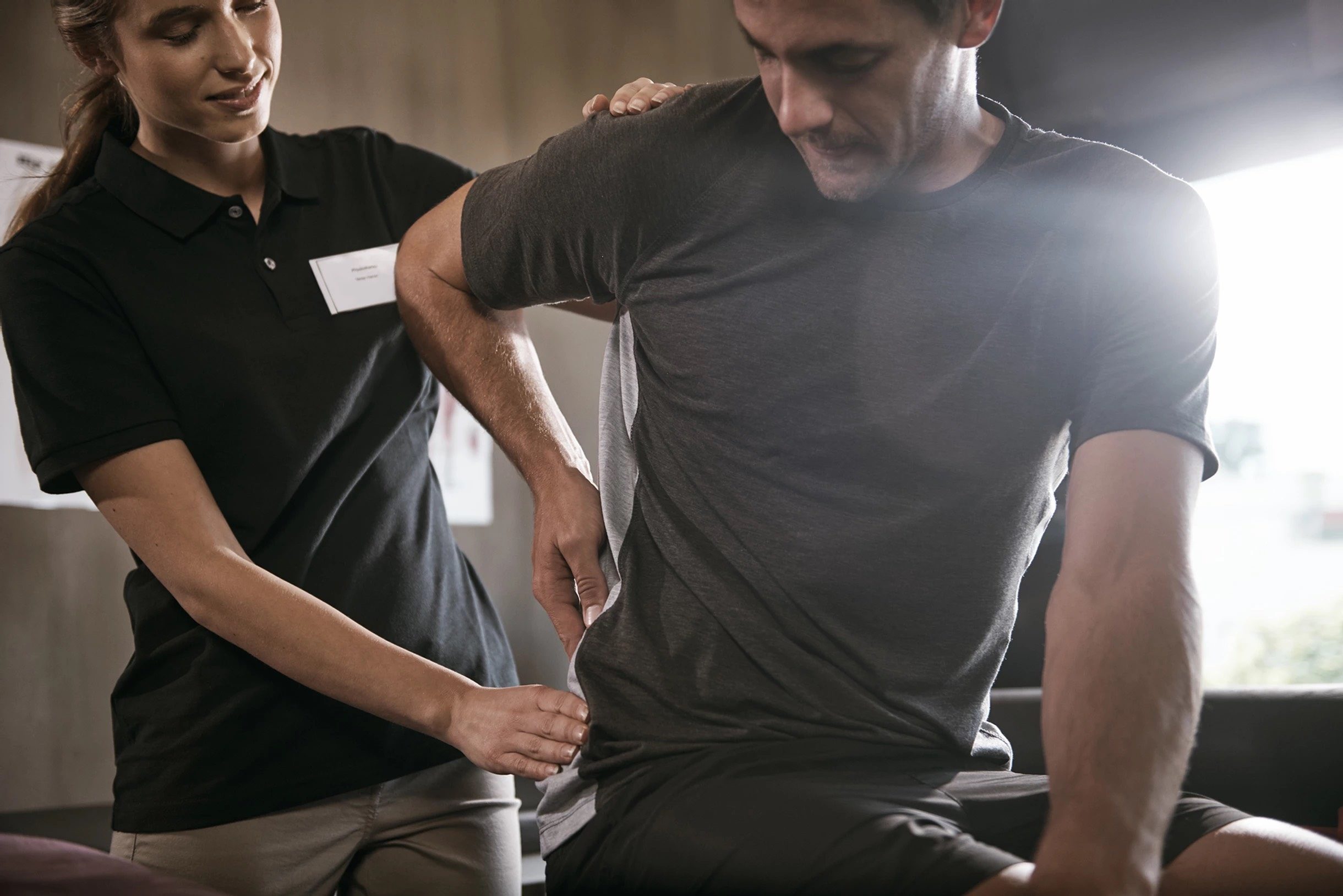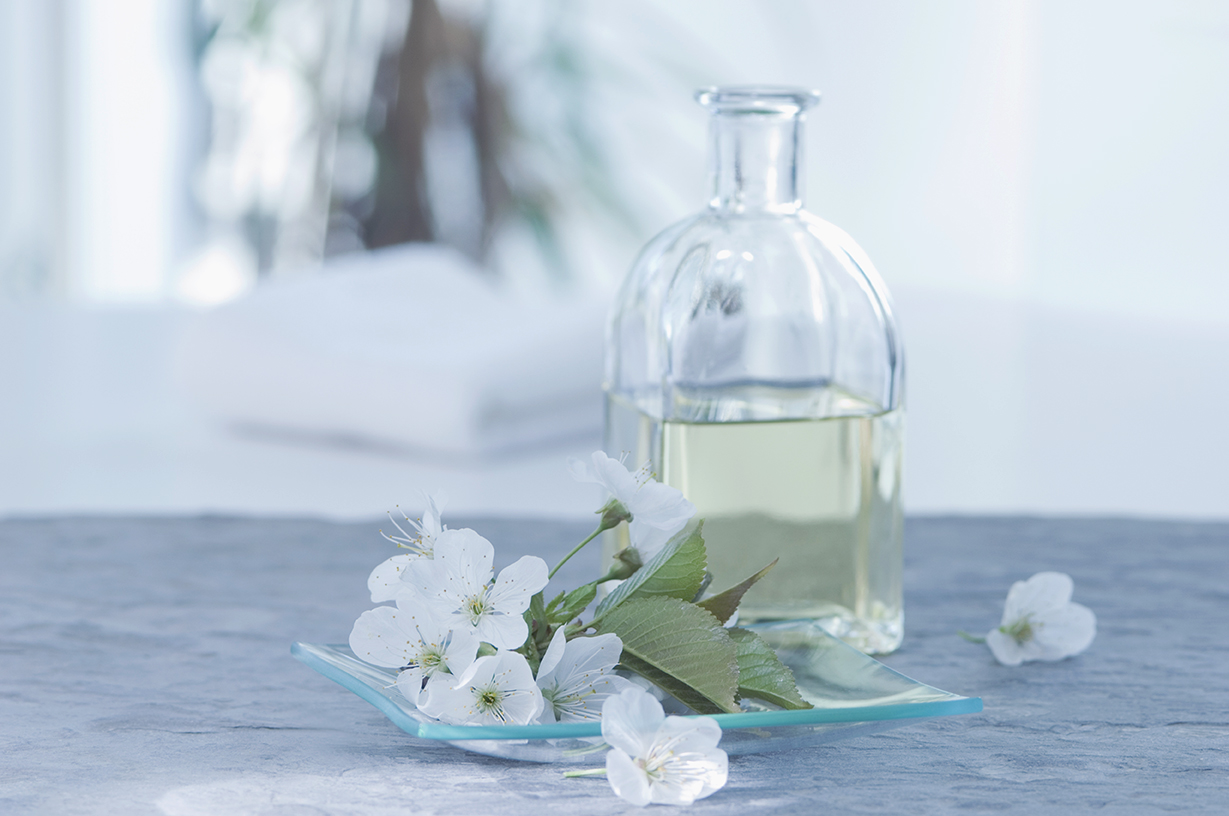Before I get started, I’m not talking here about massaging your ego to inflate self-centredness. I’m talking about taking time this Mental Health Awareness Week to work out the knots and areas of tension which have built up in our minds – especially with the challenges of the past year. Today, I went for a ‘Rebalancing Massage’ – a birthday gift I’ve had to wait 18 months before time and circumstance allowed me to redeem it. Lying there, with the calming spa sounds and smells, I knew I was in for a treat. Then the massage started and before long I was experiencing the discomfort of having myofascial trigger points (knots) firing off. I struggled to relax and yield to the pain of having my aching muscles pummelled. I hadn’t even been aware of how tight I had become. It got me thinking about how similar this experience is to working on our mental health trigger points.
1. It hurts!
Pressure applied to tender areas causes discomfort – even pain. So it is when we touch on emotions which are raw and where tension has built up. But it’s only the process of slowly, steadily going over these areas that releases the tension. Once we begin to relax and accept the process, the pain eases as we let go and allow the area to be worked on until it’s eased. This holds true whether we’re hurting mentally or physically.
2. Tension spreads.
I was aware I had soreness in my lower back, but was surprised to feel how much this had led to build up of tightness upstream in my upper back and downstream through my glutes and hamstrings. Everything is connected, and sometimes we don’t know why we’re reacting to or affected by circumstances, people or conversations which seem unrelated to the stressors we’re aware of. If you’re not feeling yourself or find yourself over- or under-reacting to things, it might be time to have that mental massage to address the core issue.
3. Tension is not related to activity level.
My legs are sore because I run and bike, but my shoulders and lower back are sore from sitting sedentary at my desk all day. Whether you’ve been flat out active this year – running a practice with reduced staff and the additional pressures of Covid, or whether you’ve been less active through furlough, parental leave, self-isolation, both can cause tension to build. Loneliness and loss of work drive and identity can be extremely challenging, and is as valid a reason to need help and support as being flat-out busy in the workplace. The stressors are vastly different, but no less impactful.
4. Friends are great, but sometimes only a professional can hit the right spot.
My other half has given me a few shoulder rubs. We even have a massage chair at home. These are both lovely and definitely help release some tension. But it wasn’t until I went to the masseuse and had dedicated time and trained therapy that I can feel my whole body ease. Absolutely, talk with friends, family and colleagues, but also be open to professional therapy to give you the dedicated time and help to work out all the areas of tension in your mind. Don’t forget to give Vetlife a call or email – they are not just there for points of crisis, and it’s better to intervene earlier before the tension builds up.
5. One-off is good, but regular is better.
I know now I’ve had a wonderful massage that I’d be best to go back on a regular basis to reduce the build-up of knots and tightness. In addition, I know I should be introducing daily self-care with stretching and moving around more at my desk. So it is with our mental health – introduce some daily mental self-care routines. In addition, consider ongoing accountability and support through a counsellor, coach or therapist.

6. Be present and mindful.
I spent most of the time trying to bring my head back into the room and not rush headlong into thinking about my to-do list and forgetting where I was. I actually started writing this blog in my head as a result, which was quite mindful in itself as I battled with myself to let go of the tension, relax and enjoy it.
7. Use all the senses.
The calming scents and soothing spa music all add to the relaxation. Recently, I’ve been using a sleep-aiding pillow spray, and listened to more music. Simple things which feed goodness through all our senses can all help to lift mood.

8. You’re worth it!
Would I have booked myself a massage? No! We can tend to think we’re not important or valuable enough. Or we can compare ourselves with others and think there’s someone else who needs or deserves it more. Thankfully for me, someone else was looking out for me and valued me enough to gift me some self-care. Now I need to do the same and invest in myself.
9. Show gratitude.
After the massage I thanked the therapist and asked if there was a way to review and thank her and the team. She was quite surprised and said it was unusual for people to ask how to say ‘thank you’. The only real way was to write to head office, but people only usually take the time to complain and she added it would be a real boost to the team to know someone had taken the time to show gratitude instead. Sound familiar?
10. Giving is powerful.
At the end, I was given a few freebies of products to try. Now when I look at them, I’m taken back to the sensation in the spa and it lives on a little bit. Giving gestures – no matter how big or small – can have a hugely positive impact on the recipient, often greater than the sum of the parts. It’s just nice to feel special.

So, these were my musings while I was being massaged. Please take time during #MHAW to book yourself a mental (or physical) massage for yourself or for a friend in need. Whether it’s a quick check in with a mental shoulder-rub, or going to professional to really get to the core of where tension is building, make sure it’s an ongoing process supported by self-care and accountability. There’s no doubt, we all need a good mental massage from time to time.
At WellVet, we champion taking charge of the wellbeing of our mind, body and soul, and supporting others in doing so. We all need a little help and to help ourselves. Find out more at www.wellvet.co.uk


